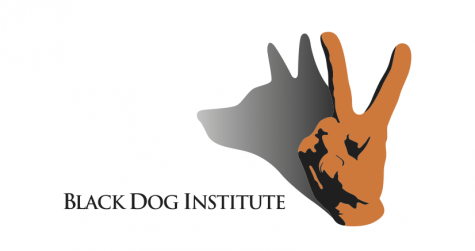An evidence-based screening self-test to help people identify that they might have a bipolar disorder as been developed by researchers at the Black Dog Institute.
Professor Gordon Parker says that bipolar disorder is still frequently under-diagnosed. A significant percentage of people with the condition never receive a diagnosis and, of those who do, the interval from onset of the condition can be 15-20 years.
“Most people with bipolar disorder experience depression and periods of elevated mood - termed mania or hypomania. Such mood swings are often viewed as simply reflecting personality style or clinical depression waxing and waning. Thus, failure to obtain the correct diagnosis can lead to inappropriate or no treatment for a condition that can be brought under control.”
“Misdiagnosis leads to people spending years on the wrong treatments without relief from their symptoms. This situation is distressing and life-threatening, with bipolar disorder having the highest suicide rate of all psychiatric conditions.”
Trial participants for the self-test were followed for three months to determine if receiving a positive screening ‘diagnosis’ changed the trajectory of their illness. The trial had a number of important outcomes the results of which were recently published in an academic publication.
“More than two-thirds of respondents receiving a ‘positive’ test went on to seek further clinical clarification of such a diagnosis,” says Professor Parker.
“While the majority of those who screened positive had an improved outcome, those who had the diagnosis confirmed and their management modified appropriately improved most distinctly on a range of measures, including depression severity, functioning and quality of life.”
“These results indicate that a simple, readily accessible, anonymous and free screening test for bipolar disorder not only has the capacity to accurately detect bipolar disorder but it can also assist people who have not previously received a diagnosis to seek more specific help for a distinctive and specific mood disorder, reducing suffering and improving quality of life.”
Professor Parker said the online bipolar self-test has an 80% accuracy rating.
The test and associated clinician-based Mood Assessment Program (MAP) are available free of charge from www.blackdoginstitute.org.au.



















__small.png)










